Managing Post-Abortion Discharge: Tips for a Comfortable Recovery
Undergoing an abortion can be a complex and emotional decision for many individuals. While the physical procedure itself is important, it is equally essential to prioritize post-abortion care and recovery. One aspect of recovery that requires attention is managing post-abortion discharge. In this blog, we will discuss what post-abortion discharge is, why it occurs, and provide practical tips for a comfortable recovery.
Understanding Post-Abortion Discharge
Post-abortion discharge refers to the vaginal bleeding and discharge that occurs after an abortion procedure. The amount and duration of the discharge can vary from person to person. It is essential to note that post-abortion discharge is a normal part of the healing process as the body expels any remaining tissue and blood from the uterus.
Why Does Post-Abortion Discharge Occur?
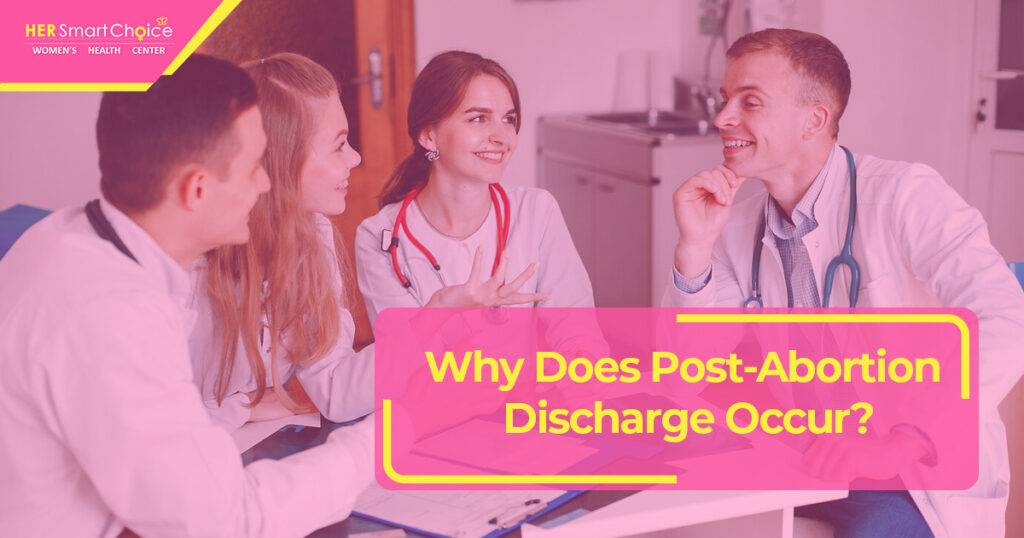
Post-abortion discharge occurs as the body heals and recovers from the abortion procedure. During an abortion, the lining of the uterus is removed, and the body needs time to regenerate this lining. The discharge primarily consists of blood, tissue, and mucus as the uterus sheds these materials.
Tips for Managing Post-Abortion Discharge & Recovery
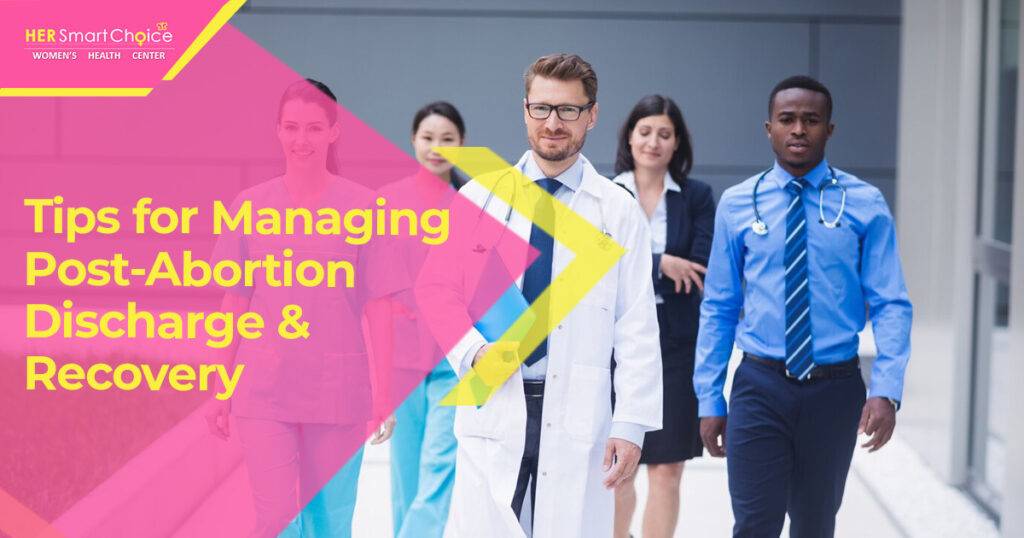
Use Appropriate Sanitary Products: It is crucial to use sanitary pads instead of tampons during post-abortion discharge. Tampons can introduce bacteria into the healing uterus and increase the risk of infection. Opt for pads that are comfortable, absorbent, and changed regularly to maintain cleanliness and prevent any odors.
Maintain Good Hygiene: Practicing good hygiene is essential during post-abortion discharge. Take showers regularly, and avoid using harsh soaps or douches in the vaginal area, as they can disrupt the natural balance of bacteria and potentially lead to infection. Gently clean the area with warm water or a mild, unscented soap.
Monitor the Discharge: Pay attention to the color, consistency, and amount of discharge. Initially, the discharge may be bright red and heavy, but it should gradually decrease in flow and change to a lighter color over time. However, if the discharge becomes excessively heavy, foul-smelling, or is accompanied by severe pain, it is important to consult a healthcare professional.
Take Adequate Rest: Your body needs time to heal after an abortion. It is crucial to give yourself sufficient rest and avoid strenuous activities, such as heavy lifting or intense exercise, during the recovery period. Listen to your body, and prioritize self-care to aid in a smooth healing process.
Maintain a Healthy Diet: Proper nutrition plays a vital role in post-abortion recovery. Eat a mix of fruits, veggies, whole grains, and lean proteins for a healthy diet. It is good to drink an adequate amount of water to stay hydrated each day. A healthy diet can help replenish essential nutrients and support the healing process.
- Avoid Sexual Intercourse and Tampon Use: It is advisable to avoid sexual intercourse and the use of tampons during the post-abortion discharge period. These activities can introduce bacteria into the healing uterus and increase the risk of infection.
- Consult With a Professional: You can talk to your doctor to figure out when it’s safe to resume sexual activity.
- Follow Medical Instructions: Every individual’s post-abortion recovery may vary, and it is crucial to follow the specific instructions provided by your healthcare provider. Attend any follow-up appointments as scheduled and address any concerns or questions you may have during these visits.
Final Words
Managing post-abortion discharge is an important aspect of the recovery process after an abortion procedure. By understanding what post-abortion discharge is, why it occurs, and following the tips mentioned above, individuals can ensure a comfortable and smooth recovery. Remember to prioritize self-care, seek medical guidance when needed, and give yourself the time and space for emotional healing as well. Recovery is a journey, and with proper care, you can move forward towards physical and emotional well-being.

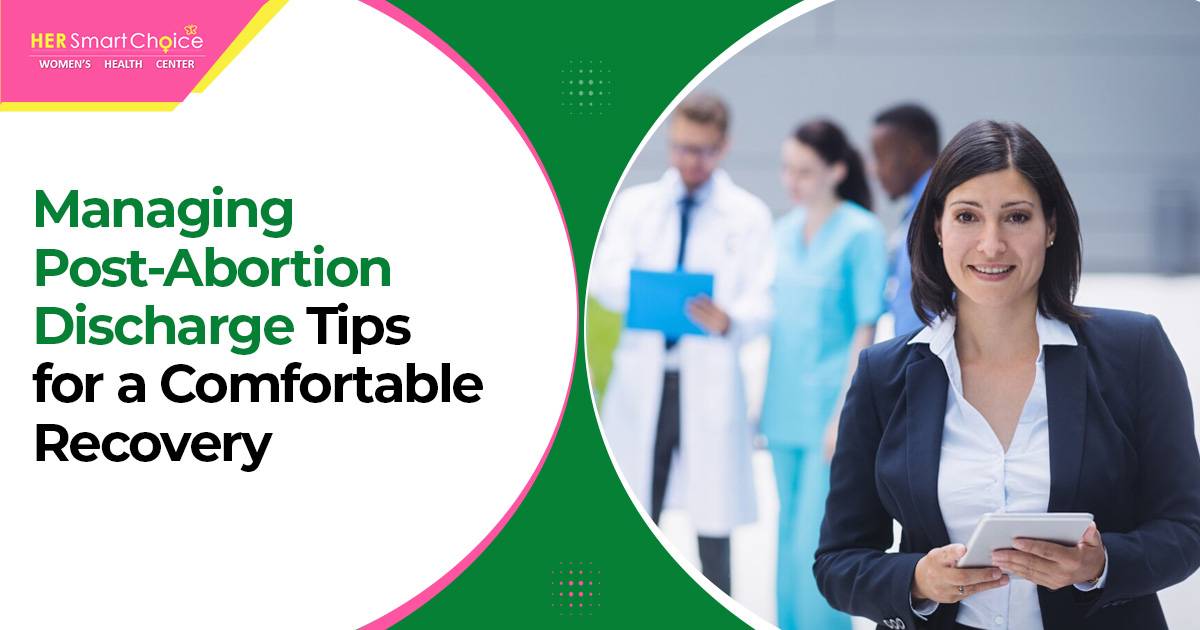
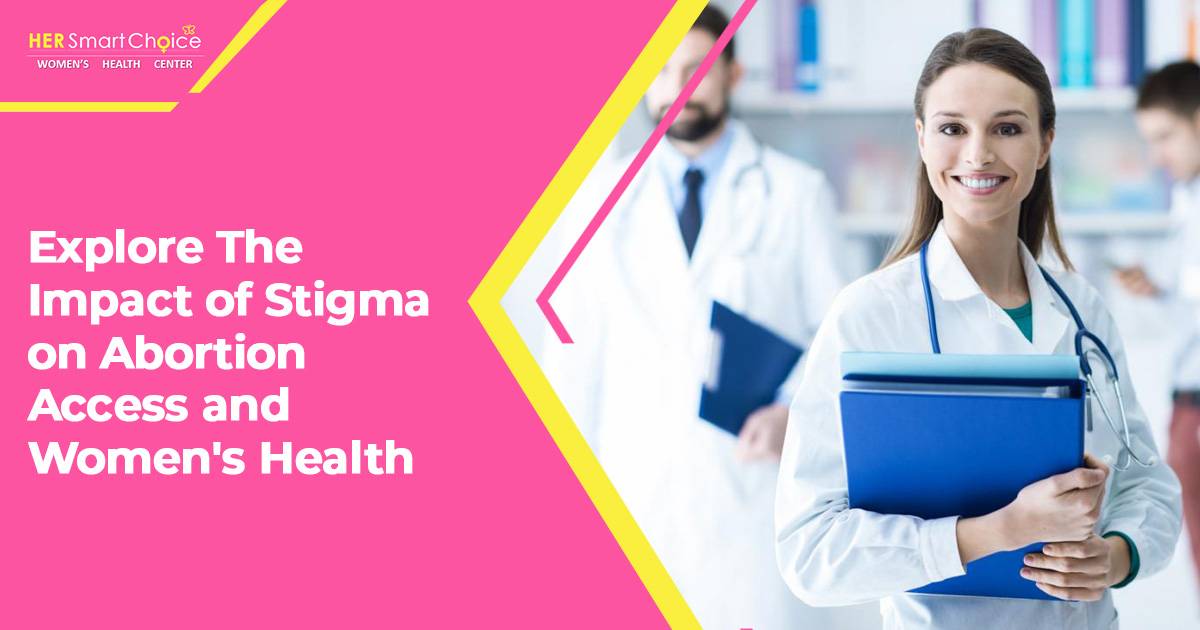
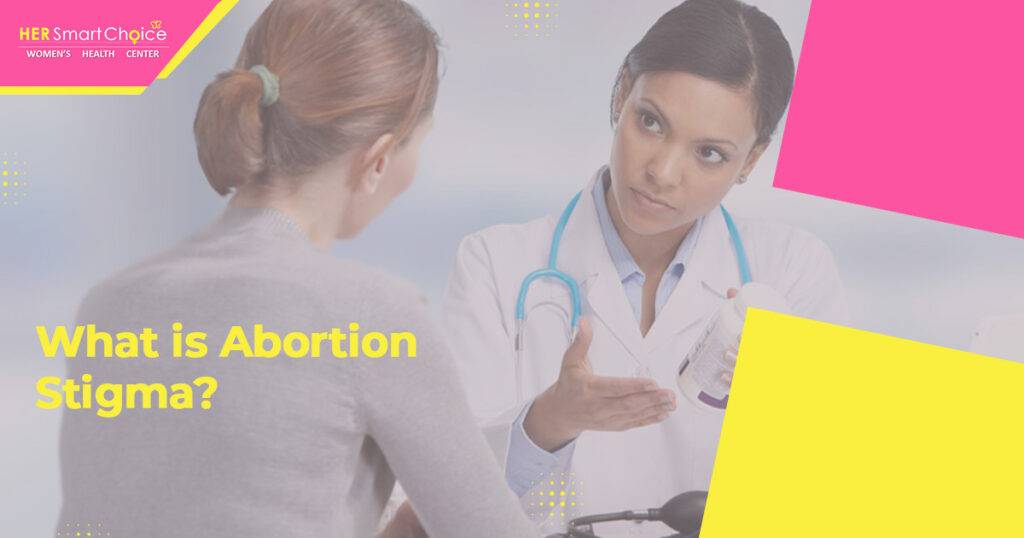
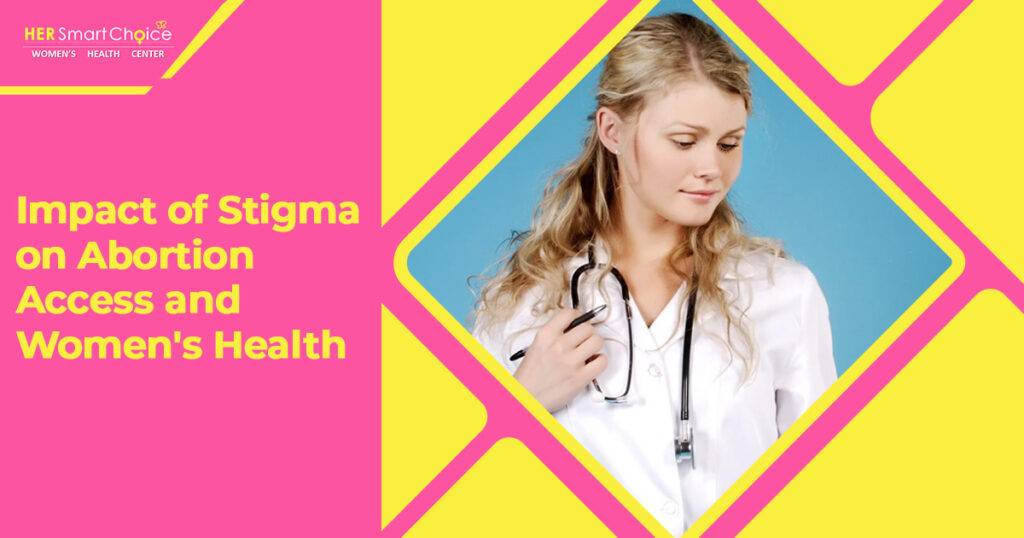
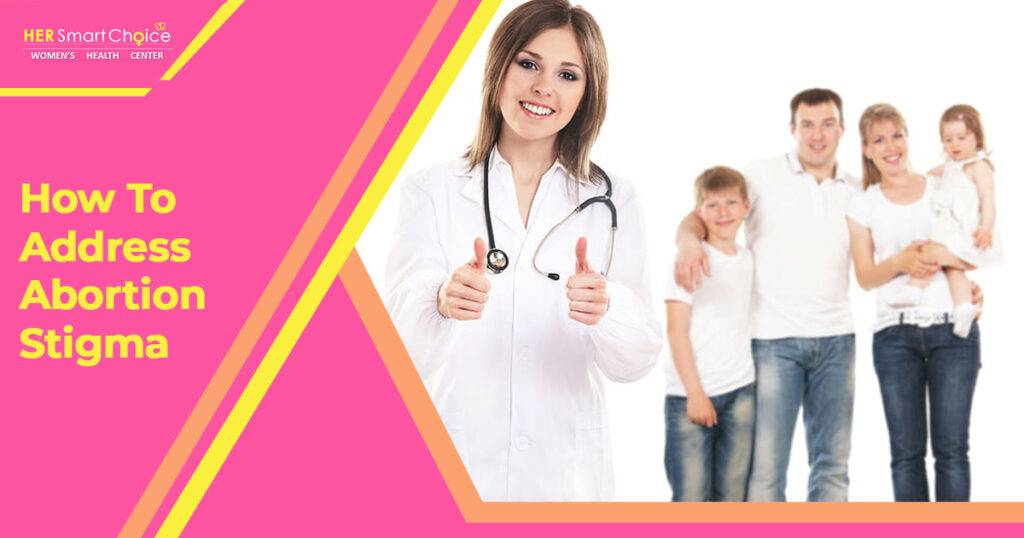
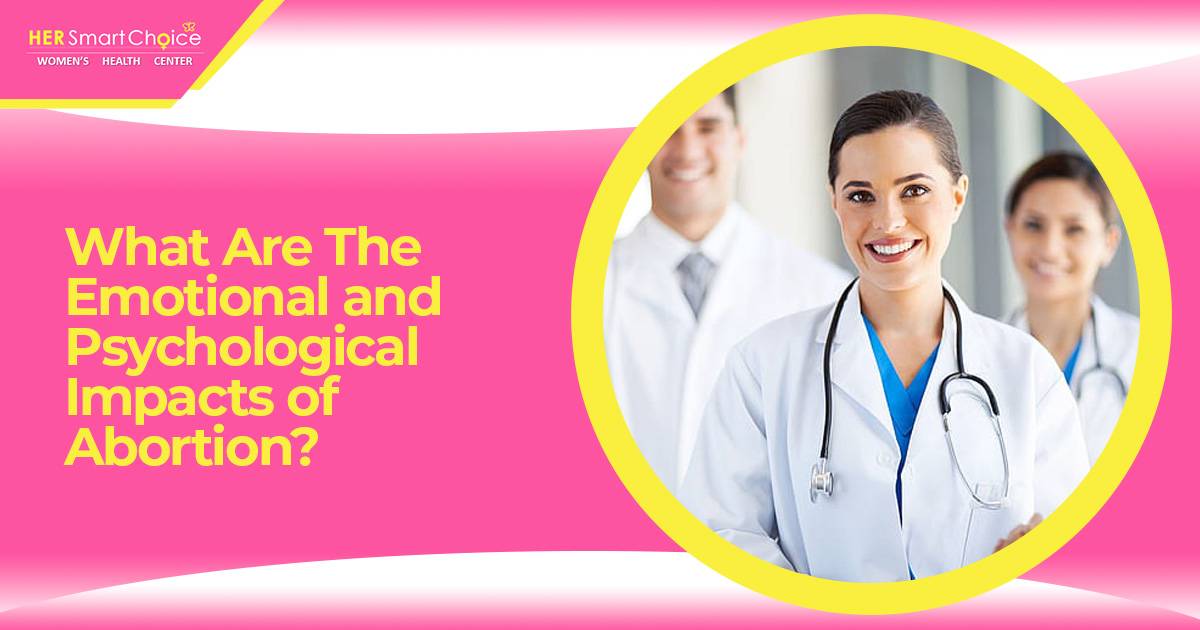
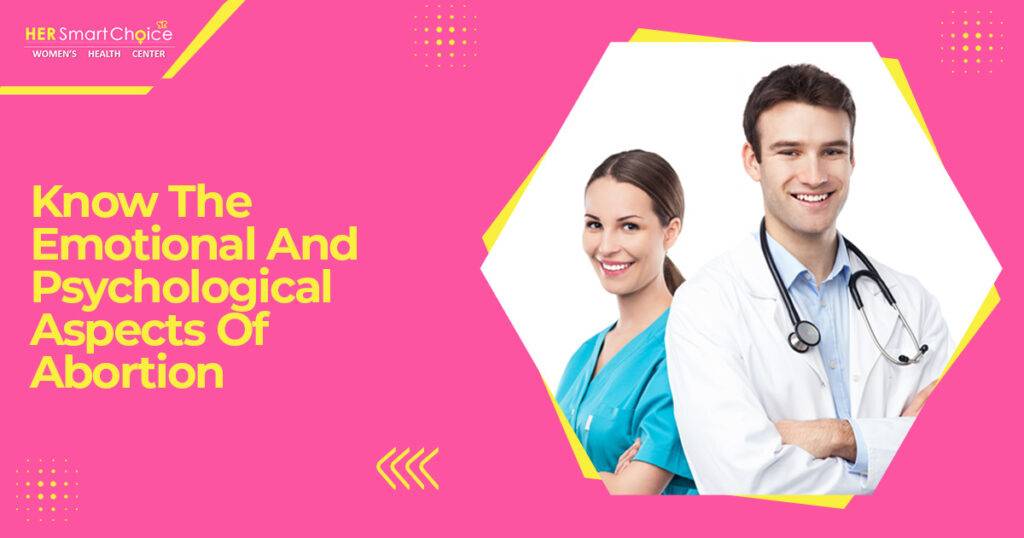
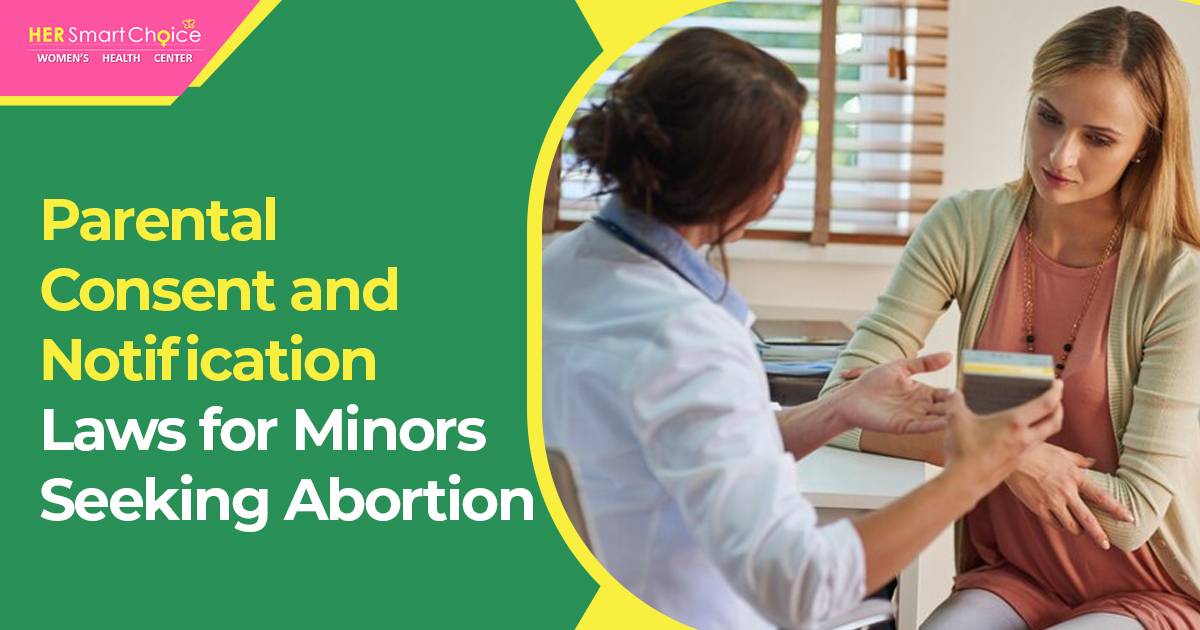
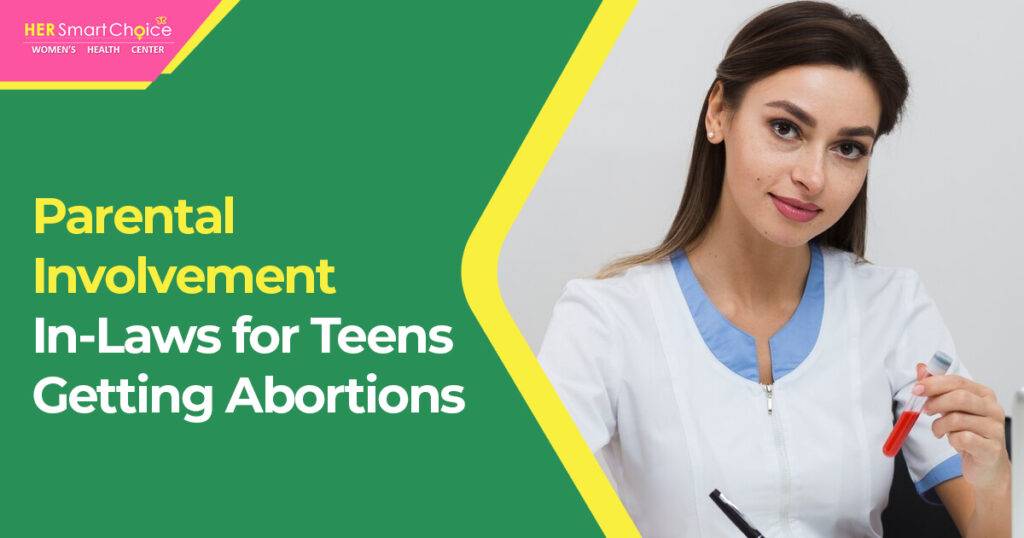
 Parental consent and notification laws have significant implications, both intended and unintended. Supporters believe these laws foster responsible family engagement and protect the well-being of minors. However, critics argue that they can sometimes be barriers to timely abortion access and may put minors at risk when their circumstances prevent parental involvement.
Parental consent and notification laws have significant implications, both intended and unintended. Supporters believe these laws foster responsible family engagement and protect the well-being of minors. However, critics argue that they can sometimes be barriers to timely abortion access and may put minors at risk when their circumstances prevent parental involvement.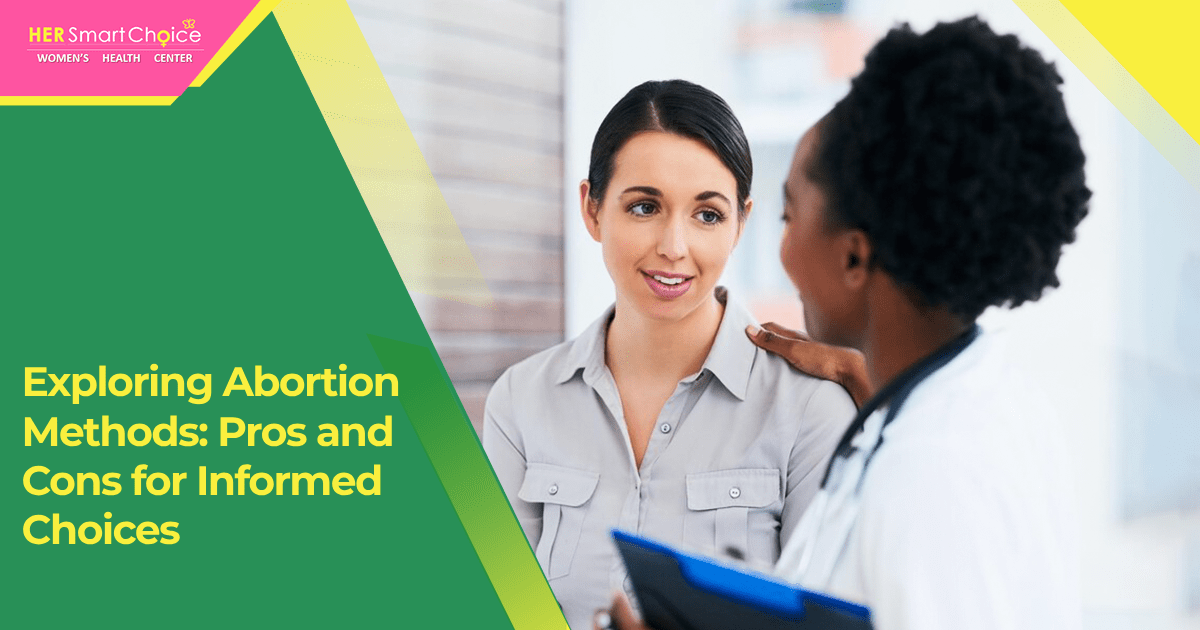


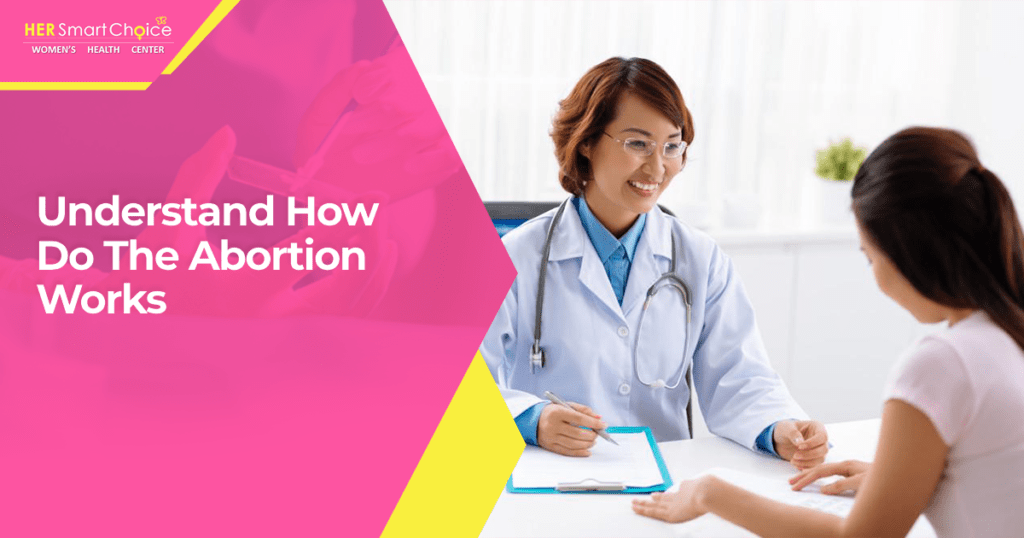 You may be aware that abortion offers two options in which medical procedures are one of the finest options to end a pregnancy. Well, you can select different types of abortions that are available, and the choice depends on various factors, such as health, environment, etc.
You may be aware that abortion offers two options in which medical procedures are one of the finest options to end a pregnancy. Well, you can select different types of abortions that are available, and the choice depends on various factors, such as health, environment, etc.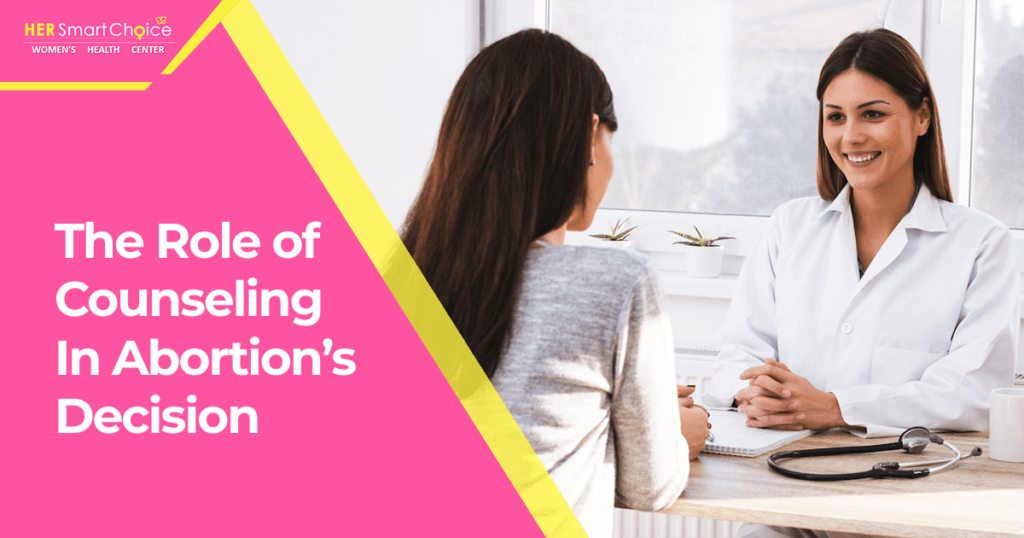 The counselors at this
The counselors at this 
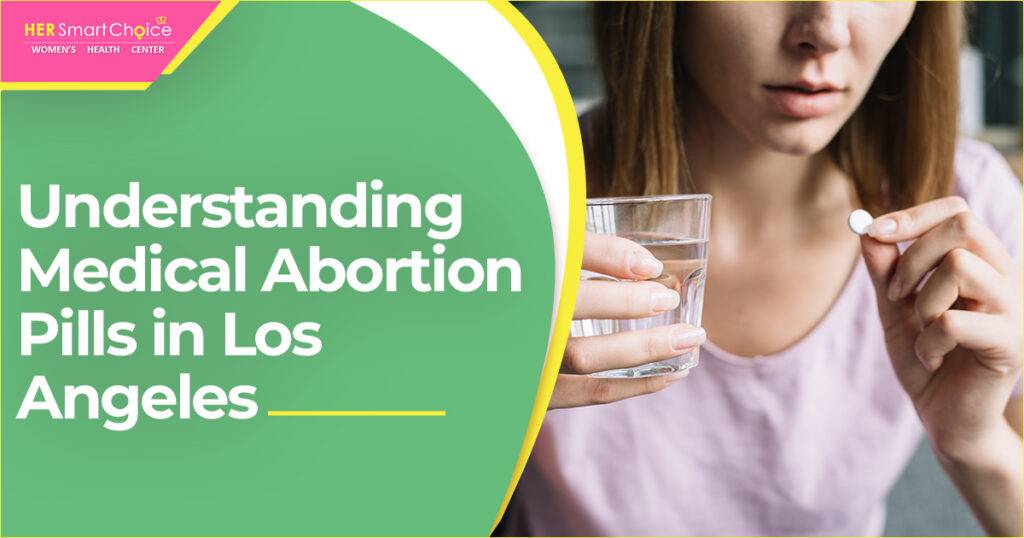


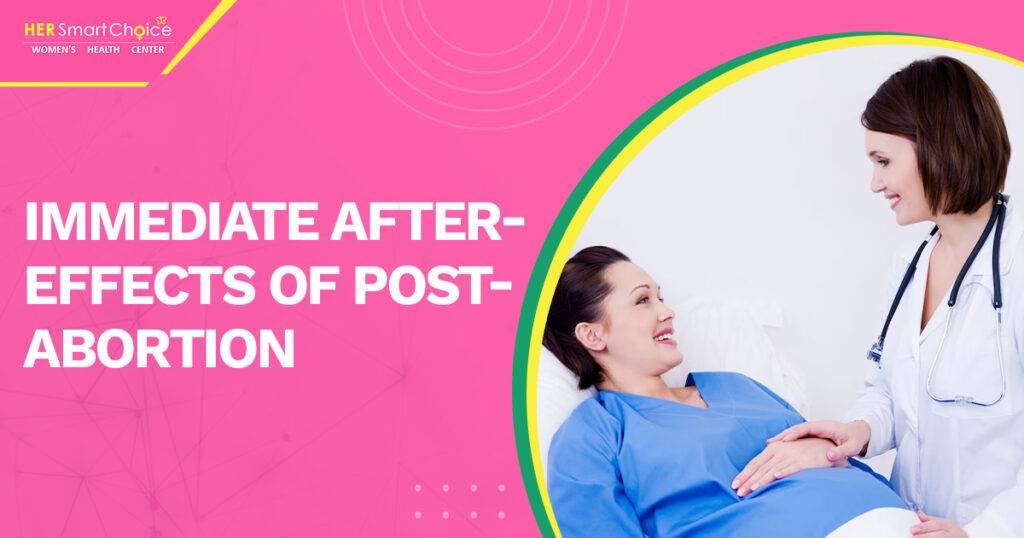 After an abortion, you might experience some immediate after-effects, such as:
After an abortion, you might experience some immediate after-effects, such as: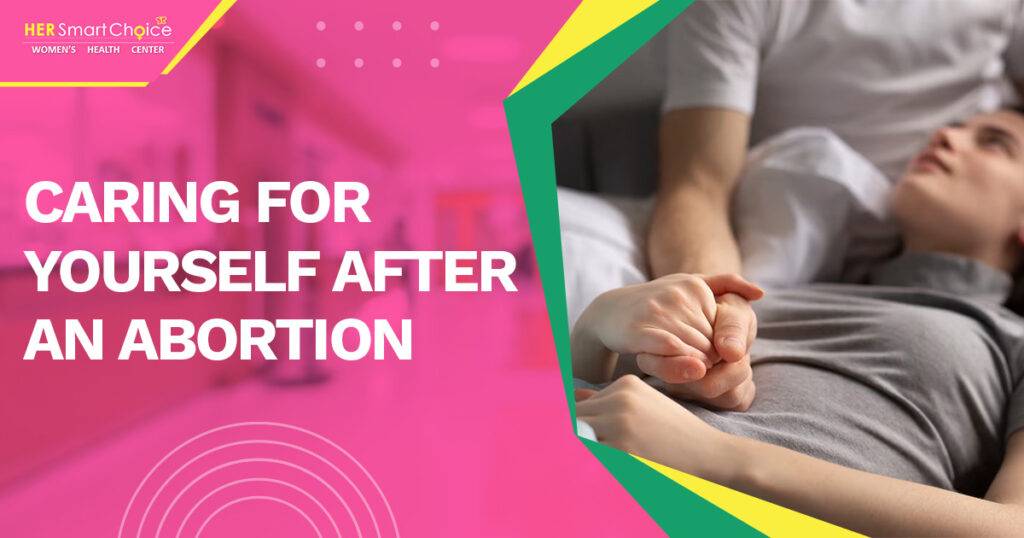 To support your body and emotional well-being during the recovery process, consider these tips:
To support your body and emotional well-being during the recovery process, consider these tips:
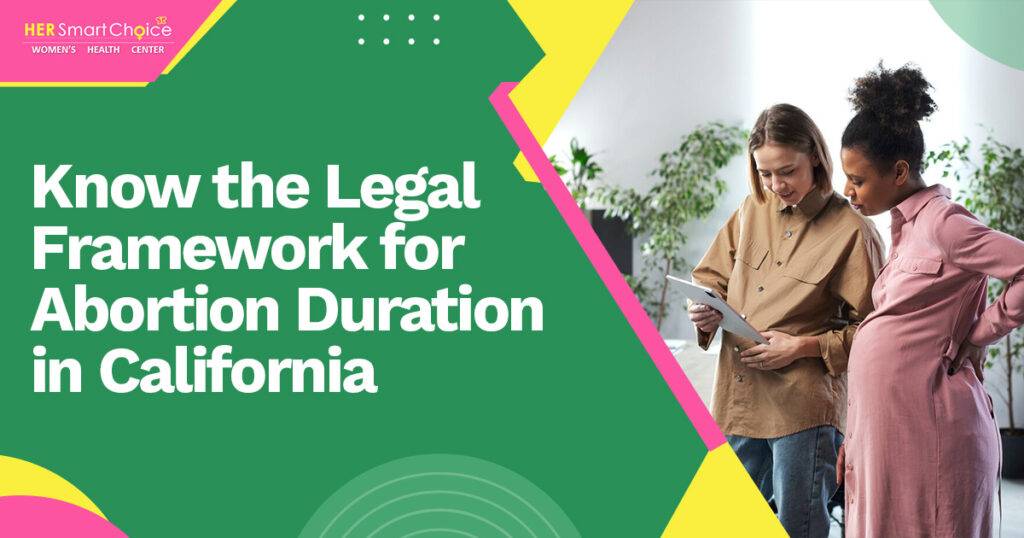 In the United States, abortion laws vary from state to state except for some specific ones. ‘
In the United States, abortion laws vary from state to state except for some specific ones. ‘ To reduce the need for multiple abortions, it is crucial to prioritize family planning and the use of effective contraception methods. California offers a wide range of contraceptive options, including
To reduce the need for multiple abortions, it is crucial to prioritize family planning and the use of effective contraception methods. California offers a wide range of contraceptive options, including 


